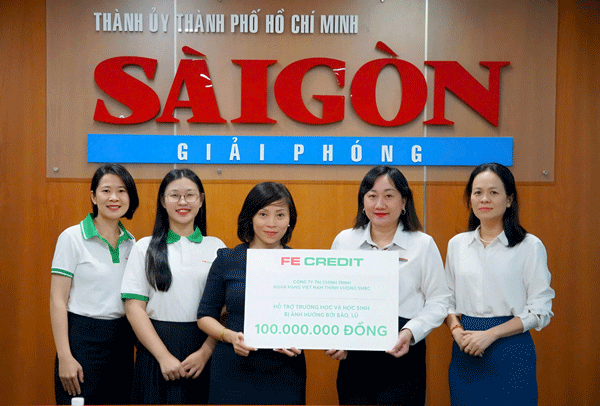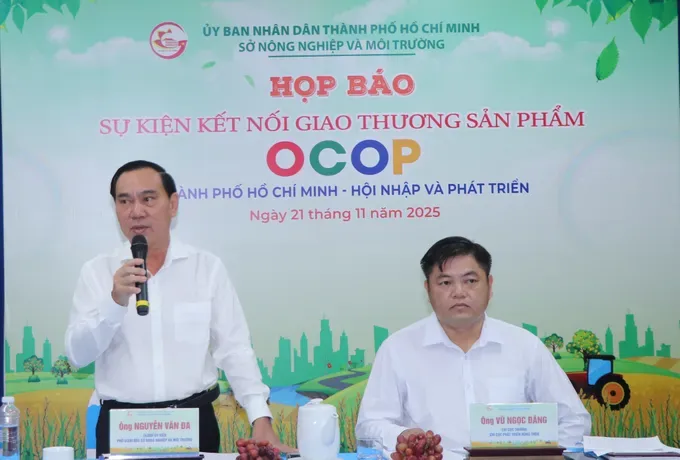
The “OCOP Product Trade Connectivity 2025” event is set to take place over three days, from November 28 to 30, at the Vung Tau Revolutionary Heritage House at No. 1 on Ba Cu Street, Vung Tau Ward. The event will feature approximately 100 display booths alongside dedicated exhibition areas.
In addition, the event will feature culinary demonstrations, cultural performances, and exchange activities. A workshop titled “Solutions for Developing the OCOP (One Commune One Product) Value Chain, Connecting Consumption, and Building OCOP Product Brands in Ho Chi Minh City” will also be held.
The event aims to honor, promote, and facilitate trade connections for OCOP goods and regional specialties while expanding domestic and international markets. It will also support OCOP stakeholders in product development, digital transformation, and sustainable market growth, contributing to rural economic development and the construction of modern, civilized rural communities.
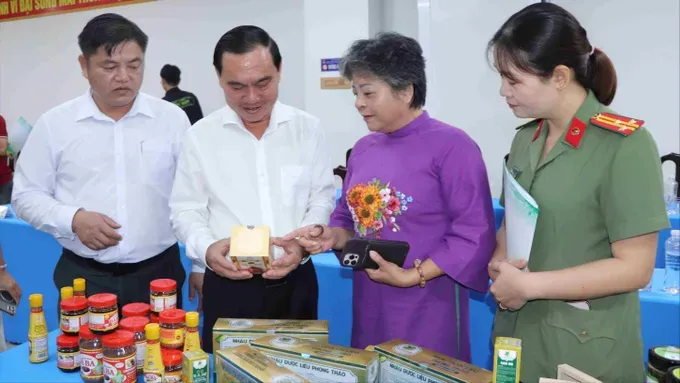
Deputy Director of the Ho Chi Minh City Department of Agriculture and Environment, Nguyen Van Da, stated that as of September 2025, the country had over 17,236 OCOP items rated three stars or higher, belonging to 9,345 OCOP producers. In Ho Chi Minh City alone, there are 1,026 products rated three to four stars, with no five-star products recorded yet. Looking ahead to 2026, the city plans to actively promote OCOP goods in international markets.
In the coming period, Ho Chi Minh City will focus on the quality and sustainability of OCOP goods, guided by several specific strategies. The city aims to have over 2,000 OCOP products rated three stars or higher during the 2025–2030 period and to achieve five to ten five-star OCOP products by 2030.
Emphasis will be placed on Ho Chi Minh City’s key strengths, including processed foods, beverages, and handicrafts. The city will encourage the application of technology, the use of clean and environmentally friendly materials, and support producers in upgrading their products. Efforts will also focus on standardizing production processes and improving quality standards.
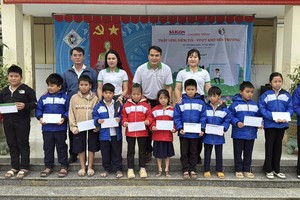


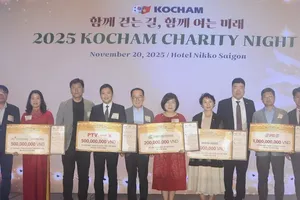



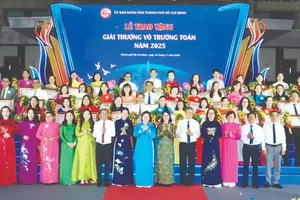

)








